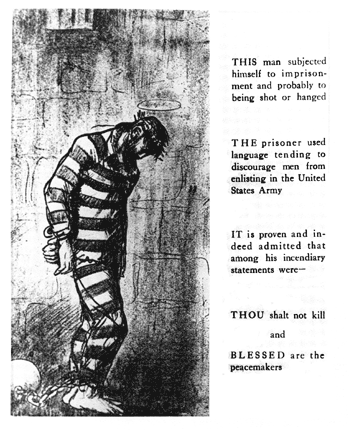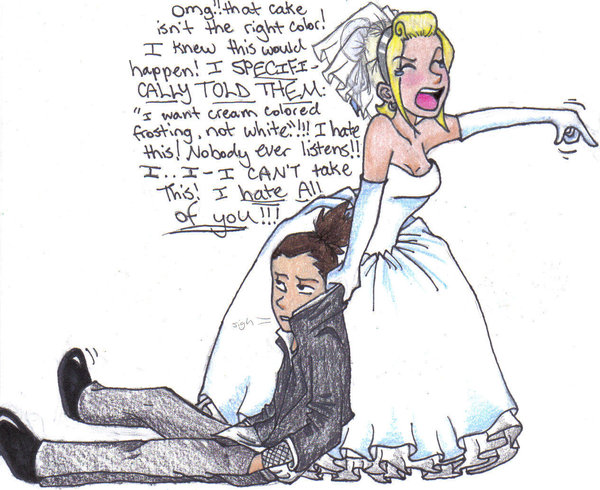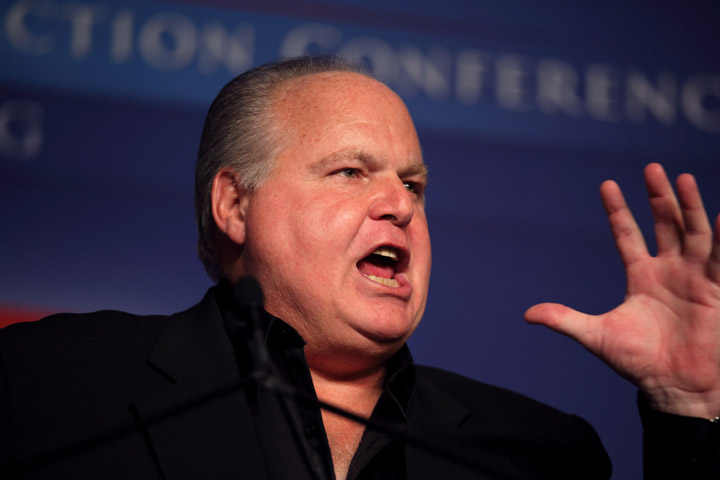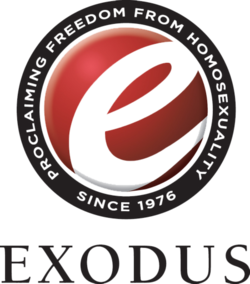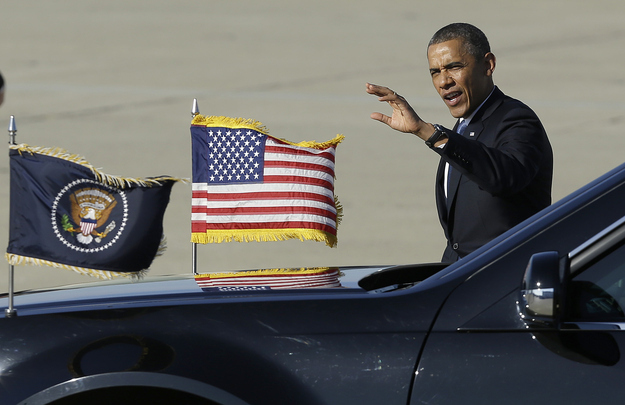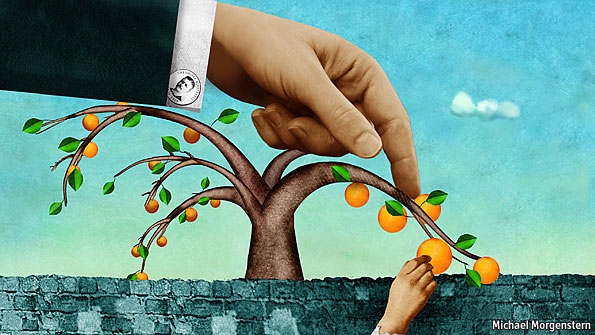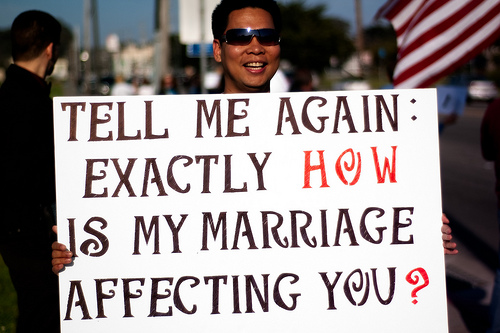
So I said a while ago that I was going to write a long post about gay marriage. This is not that post, but it’s related to that post.
Two of the most common arguments in favor of gay marriage I see are:
- If Britney Spears can get married for 55 hours and that’s just fine, then obviously heterosexual marriage isn’t so sacred after all.
- Allowing same-sex marriage will have no impact on your specific heterosexual marriage.
The problem with these arguments is that they appear to be responding to concerns of those who oppose gay marriage, but they do not. First of all: I don’t know of anyone who is concerned about gay marriage who thinks that it would be the first attack on an otherwise perfect institution. As a society, the traditional family is already in serious trouble from two factors: divorce and absent fathers. I will say that that gay marriage debate has certainly put a renewed focus on what families mean to society, and that’s been the most positive aspect of the debate. I don’t think it’s politically viable just yet, but I’ve seen an increasing number of those who oppose gay marriage also start to question prior “reforms” like no-fault divorce. No-fault divorce was heralded as a way to end domestic abuse and unhappy marriages by making it easier for couples to divorce. It succeeded in making divorce easier–so divorce rates skyrocketed, taking a terrible toll on the innocence of childhood–but it completely failed to increase marital happiness or reduce domestic abuse rates. This is because the appearance of an “easy out” puts additional strain on even healthy marriages in times of stress. It’s one of those initially counter-intuitive findings that actually make a lot of sense once you see the evidence and think through the logic carefully.
As for the second: the idea has never been that if the gay couple down the street is allowed to get married it will somehow have a direct causal impact on my relationship with my wife. That is, of course, absurd. The idea is rather that what marriage means to society as an institution is heavily influenced by how we define it. Traditional marriage proponents have long believed that homosexual relationships are not really interchangeable with heterosexual ones, and it’s vital to note that this doesn’t necessarily imply any judgment of superiority.
I’m not going to pretend that traditional marriage proponents don’t add judgment in quite frequently, but it’s not necessitated by the logic at all. In fact, one reason that I’m skeptical of gay marriage arguments is that they seem to assume that what’s good for straight couples is automatically good for gay couples, and that doesn’t seem like a fair assumption to gay couples. Marriage is an institution that has evolved in a straight world where homosexuality was largely repressed and persecuted. Why does it make sense to assume that such an institution would serve the interests of gays and lesbians? I’m afraid that in an interest to seek dignity and equality for homosexuals (very important goals), same-sex marriage has been swept up in the movement without really thinking it through.
But is this just speculation, or do we have solid, hard sociological evidence to suggest that gay relationships are different than straight relationships? It turns out, we do. Mark Regnerus, writing for the Witherspoon Institute, outlines some of the findings:
Read more
